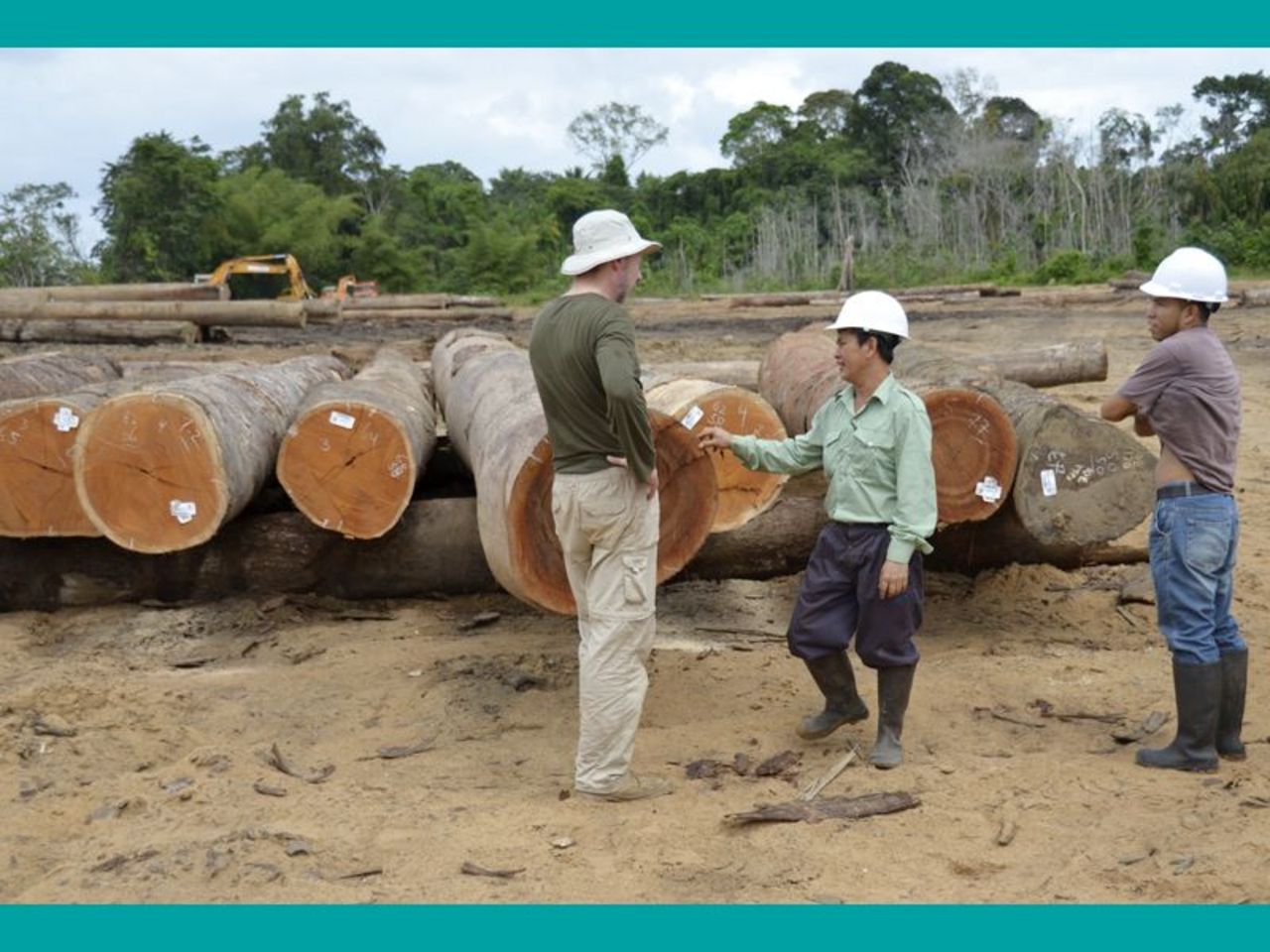Project
Federal Government assesses forest certification schemes for public procurement

Assessment of forest certification systems with reference to the government procurement requirements for timber and timber products
Forest certification is an important step for the implementation of sustainable forest management. Forest certification is voluntary and market driven. Various competing international systems exist. With respect to public procurement this requires periodic assessments. The federal government sets a good example: All public institutions are obliged to purchase only timper products from verified sustainable sources.
Background and Objective
To underline the important role of a forest management system which is, based on principle of sustainability, environmentally sound, socially acceptable and economically viable, the Federal Government supports the certification of sustainably managed forests and will continue to use only wood from certified stands in its procurement measures.
The proof of compliance with the requirements may be provided by presenting a credible certificate of sustainable forest management or by an individual specification.
Requirements and contents of certification systems are usually subject to dynamic developments, leading to changes in the standards applied.
Both the certification systems and their development must periodically be assessed and individual specifications must be verified concerning the compliance with the requirements.
According to the demands of the regulation the Thünen-Institute must exercise the needed inspections in adjustment with the Federal Agency for Nature Conservation.
Approach
The federal government supports certification of sustainable forest management and hereby promotes ecological, economic and social sound management of forests. Hence, public procurement has to consider only legal and sustainable produced timber and timber products. Valid evidence are certificates of endorsed forest certification schemes or individual specifications.
Requirements and contents of certification systems are usually subject to dynamic developments, leading to changes in the standards applied. Both the certification systems and their development must periodically be assessed and individual specifications must be verified concerning the compliance with the requirements. According to the demands of the regulation the Thünen-Institute must exercise the needed inspections in adjustment with the Federal Agency for Nature Conservation.
Preliminary Results
The assessment of the latest standard-revisions of the leading certification schemes Forest Stewardship Council (FSC) and Programme for the Endorsement of Forest Certification Schemes (PEFC) demonstrate qualitative improvement of the schemes (Provision for new scientific findings and altered social demands on forests and forest management) Both meet the procurement requirements completely and are regarded as equivalent.
Within a comparison of the timber procurement policies (TPP) in six EU- Member States, which has been recently published, the TPPs in Belgium, Denmark, Germany, the Netherlands, Luxemburg and United Kingdom has been assessed concerning commonalities and differences in terms of harmonization.[1]
Since the European Timber regulation came into effect in March 2013 the certification schemes were evaluated if and how they can contribute to the legality verification and the due diligence application as defined by the EUTR requirements.
[1]
http://www.isafor.nl/wp-content/uploads/2015/08/Comparison-of-existing-TPPs-final-Rev-1-17-Jan.-2016.pdf
Thünen-Contact

Involved Thünen-Partners
Involved external Thünen-Partners
-
Bundesamt für Naturschutz BfN
(Bonn/Vilm, Deutschland)
Duration
Permanent task 1.2001 - 12.2024
More Information
Project status:
ongoing
List of Publications
- 0
Bick U (2016) Öffentliche Beschaffung von Holzprodukten in Deutschland : Stand der Regelung in Deutschland und der europäische Weg. Holz Zentralbl 142(12):323-324
- 1
Bick U, Köhl M (2012) EU-Holzhandelsverordnung wird konkret für die Praxis: die EUTR kann als transparentes und für die praktische Durchführung gut vorbereitetes Instrument angesehen werden. Holz Zentralbl 138(41):1034



![[Translate to English:] Logo des Bundesministerium für Ernährung und Landwirtschaft](/media/allgemein/logos/BMEL_Logo.svg)